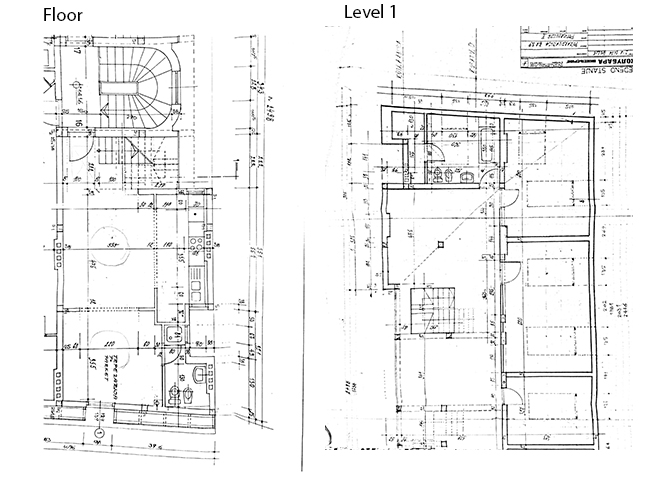Choosing the right contractor for your construction project is one of the most important decisions you’ll make. Whether you’re building a new home, remodeling a kitchen, or completing a large-scale commercial project, the quality of your contractor can make all the difference. A reliable and skilled contractor will ensure that your project is completed on time, within budget, and to your satisfaction. But how do you select the best one for the job? Here are some key factors to consider when choosing the right contractor for your construction project.
1. Do Your Research
Before hiring a contractor, it’s essential to conduct thorough research. Start by asking friends, family, or colleagues for recommendations. Word of mouth is often one of the best ways to find trustworthy contractors who have a history of delivering quality work. Additionally, you can search online for reviews and ratings, paying attention to feedback from previous clients.
While online research is helpful, make sure to narrow down your list by checking the contractor’s credentials. Ensure they are licensed, insured, and bonded, which protects you from potential issues during the project. Verify their license through the appropriate local or state agency to ensure they are legally qualified to perform construction work in your area.
2. Evaluate Experience and Specialization
Not all contractors are the same. Some specialize in residential projects, while others focus on commercial construction or specific types of work, such as electrical, plumbing, or carpentry. Consider the nature of your project and choose a contractor who has specific experience in that area. If you’re building a custom home, for example, it’s important to hire a contractor who has experience with custom construction rather than one who specializes in simple remodels.
Experience is key when evaluating a contractor’s qualifications. Contractors with years of experience in the industry are more likely to handle complex tasks efficiently and navigate unforeseen challenges that may arise. Don’t hesitate to ask for examples of previous projects that are similar to yours. Reviewing their portfolio or even visiting completed sites can give you a clearer idea of their workmanship and reliability.
3. Check References and Past Work
A reputable contractor should be able to provide references from past clients. Take the time to contact these references and ask questions about the contractor’s work, professionalism, and the overall experience. Was the project completed on time? Did the contractor stay within budget? Were there any major issues during the project, and if so, how were they handled?
In addition to client references, request to see examples of previous work. If possible, visit completed projects in person to evaluate the quality of craftsmanship and attention to detail. A contractor with a strong track record of successful projects should have no problem providing these references and examples.
4. Get Multiple Estimates
It’s always a good idea to get multiple estimates before making a decision. Obtain at least three written bids from different contractors, as this will give you a better understanding of the market rate for your project. Be cautious of bids that are significantly lower than others, as this could indicate a lack of experience or the possibility of cutting corners to reduce costs.
When reviewing estimates, ensure that they include a detailed breakdown of costs for labor, materials, permits, and any additional fees. This transparency will help you compare contractors more easily and avoid unexpected costs down the line.
5. Assess Communication and Professionalism
The contractor you choose should be someone who communicates clearly and regularly. From the initial consultation to project completion, effective communication is key to a successful working relationship. Pay attention to how responsive and accessible the contractor is during the early stages of your interaction.
Additionally, professionalism matters. The contractor should show up on time for meetings, be respectful of your space, and follow through on commitments. A lack of professionalism during the bidding and planning stages could be a red flag for future issues during the project.
A good contractor will have a reliable system in place to ensure that all necessary equipment is available when needed and in good working condition. Proper equipment management reduces downtime and helps keep the project on track, especially for large-scale construction work.
7. Trust Your Instincts
Finally, trust your instincts when choosing a contractor. If something feels off during your interactions, or if you have doubts about their ability to complete the project, it’s okay to walk away and explore other options. Your contractor will be a long-term partner throughout the course of your construction project, so it’s important to feel comfortable with their approach, skills, and communication style.
Selecting the right contractor for your construction project can make a world of difference in the outcome. By conducting thorough research, evaluating experience, checking references, and obtaining multiple estimates, you can make an informed decision that ensures a smooth and successful project. Don’t forget to assess their professionalism, communication skills, and construction equipment management practices, particularly for large projects. Choosing the right contractor means investing in quality, reliability, and a smooth construction process, ultimately bringing your vision to life with minimal stress and maximum satisfaction.










Comment (0)